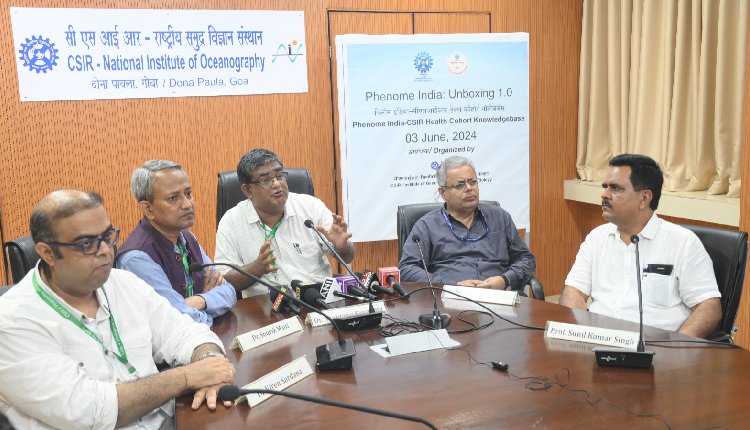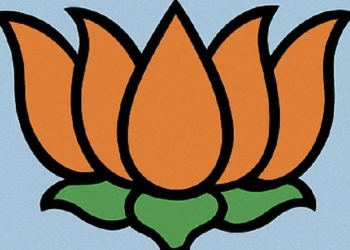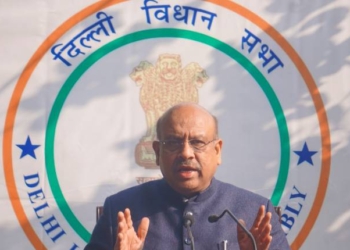New Delhi: In a bid to develop an enhanced prediction model for cardio-metabolic disease, the Council of Scientific and Industrial Research (CSIR) on Monday announced the successful conclusion of the first phase of its ground-breaking health monitoring project.
Such a study is vital as these diseases have both genetic and lifestyle factors that contribute to risk. The study has managed to cross the target of 10,000 samples.
Called the ‘Phenome India-CSIR Health Cohort Knowledgebase’ (PI-CheCK), it is the first-ever pan-India longitudinal study to enable better prediction models for cardio-metabolic diseases — especially diabetes, liver diseases and cardiac diseases — in the country.
Despite India bearing a huge burden of cardio-metabolic diseases, the reasons for such high incidence in the population are not entirely clear, said Dr Shantanu Sengupta, Senior Principal Scientist at CSIR-Institute of Genomics and Integrative Biology.
“The risk factors in the West may not be the same as the risk factors in India. A factor which may be important for a particular person may not be important for another person. So a one-size-fits-all concept has to go in our country,” he added at an event in Goa.
“Once we get around 1 lakh or 10 lakh samples, then it will enable us to redefine all major parameters in the country,” said Sengupta.
The CSIR has developed a cost-effective standard operating procedure for sample collection.
Launched on December 7, 2023, the PI-CHeCK project aims to assess risk factors in non-communicable (cardio-metabolic) diseases within the Indian population. It is important to understand the mechanisms which underlie the increasing risk and incidence of cardio-metabolic disorders in the Indian population and develop new strategies for risk stratification, prevention, and management of these major diseases, said experts.
(IANS)
















